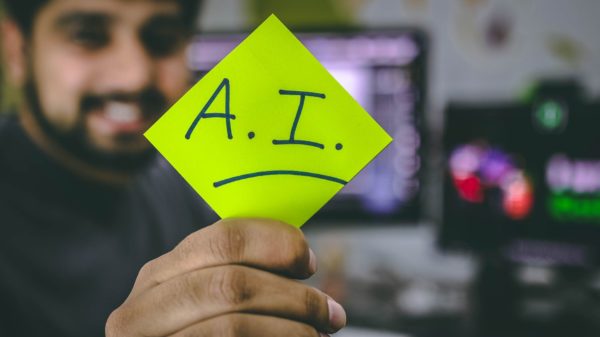The recent decision by the UK Supreme Court in Thaler v Comptroller-General of Patents, Designs and Trade Marks [2023] UKSC 49 (“Thaler”), authored by Lord Kitchin, has provided some clarification on this significant aspect of patent law.
The case concerned two patent applications. Patents confer intellectual property rights to inventors, providing protection for technological inventions. To be patentable, an invention must be new, involve an inventive step and be capable of industrial application without falling within any of the exclusions.
The applications in Thaler were unusual, because the inventions concerned were generated autonomously by a machine driven by artificial intelligence. The claimant was the owner of the machine.
The court concluded that a patent application must identify a human inventor; naming an AI as the inventor is not permissible. Further, the claimant lacked the right to seek patents for inventions created by the machine simply based on his ownership of it.
Lord Kitchin noted in his judgment that the case did not delve into the question of whether the individual programming or operating the AI machine could be designated as the inventor, a topic that is addressed in copyright legislation in relation to computer-generated works but remains unresolved in UK patent law.
A noteworthy aspect mentioned briefly in the Thaler judgment, is the consideration of whether an AI machine could be recognised as a legal person (e.g., a corporation is a legal person), albeit not a natural person (i.e., a human being). Although this question did not directly influence the Thaler decision, Lord Kitchin referred to established case law asserting that the inventor must be a natural person. Given that legal documents often include interpretation clauses expanding on this definition, considering various entities as persons (such as partnerships and trusts), the prospect of extending the concept of legal personhood to AI machines is not out of the realm of possibility.
The intersection of AI, patent law, and the broader legal landscape continues to evolve, presenting questions about the nature of inventorship and the legal status of AI entities. As technology advances, legal frameworks will undoubtedly face ongoing challenges in adapting.

